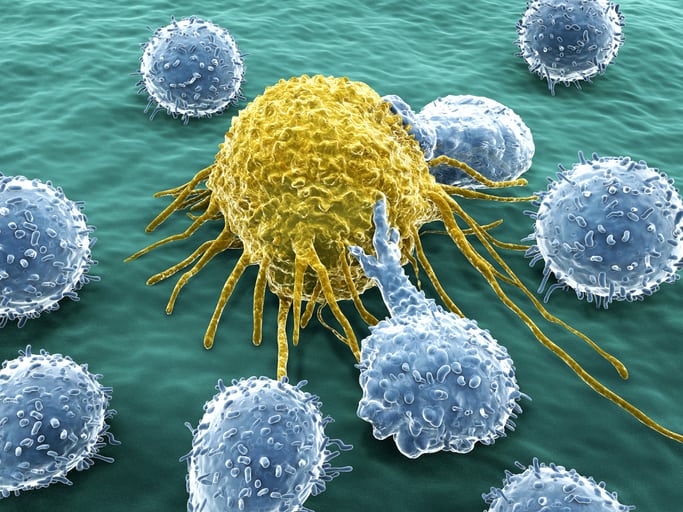PSMA PET/CT has demonstrated superior sensitivity over conventional imaging in the detection of local and distant recurrence in biochemically relapsed (BCR) prostate cancer. We prospectively investigated the management impact of Ga-PSMA PET/CT imaging in men with BCR, with the aim of identifying baseline clinicopathological predictors for management change.
Men with BCR who met eligibility criteria underwent Ga-PSMA-11 PET/CT at Monash Health (Melbourne, Australia). Intended management plans were prospectively documented before and after Ga-PSMA PET/CT imaging. Binary logistic regression analysis was performed to identify potential clinicopathological predictors of management change. Descriptive statistics were used to characterize the nature of these changes.
Seventy men underwent Ga-PSMA-11 PET/CT imaging. Median age was 67 years (IQR 63-72) and median PSA was 0.48 ng/ml (IQR 0.21-1.9). PSMA-avid disease was observed in 56% (39/70) of patients. Pre-scan management plan was altered following scanning in 43% (30/70) of patients. Management changes were significantly more common in patients with higher baseline PSA levels (PSA≥2 ng/ml, p = 0.01). 18/36 (50%) of the patients initially planned for watchful waiting had their management changed, including the use of salvage pelvic radiotherapy (n = 7) and stereotactic ablative body radiotherapy to oligometastatic disease (n = 6).
Management change after Ga-PSMA PET/CT for BCR is common and typically resulted in treatment intensification strategies in those planned for a watchful waiting approach. This study adds to the growing pool of evidence supporting the clinical utility of PSMA PET/CT imaging in the care of patients with BCR after definitive therapy.
© 2021 John Wiley & Sons Australia, Ltd.
Ga-prostate-specific membrane antigen (PSMA) PET/CT as a clinical decision-making tool in biochemically recurrent prostate cancer.


